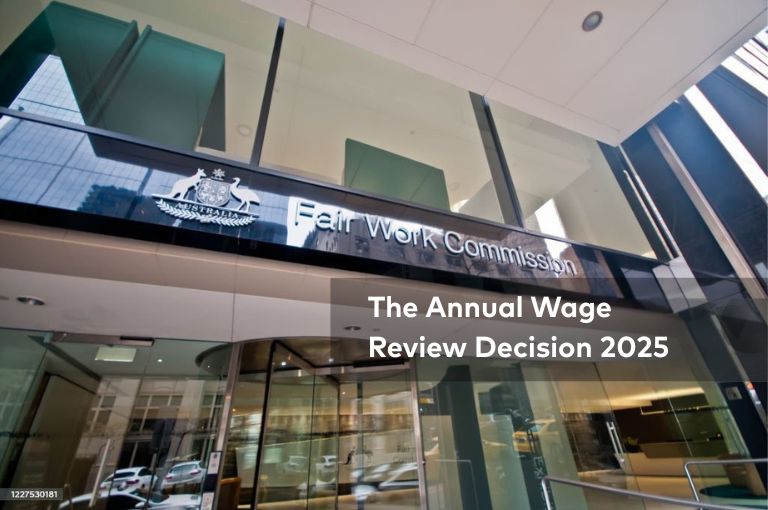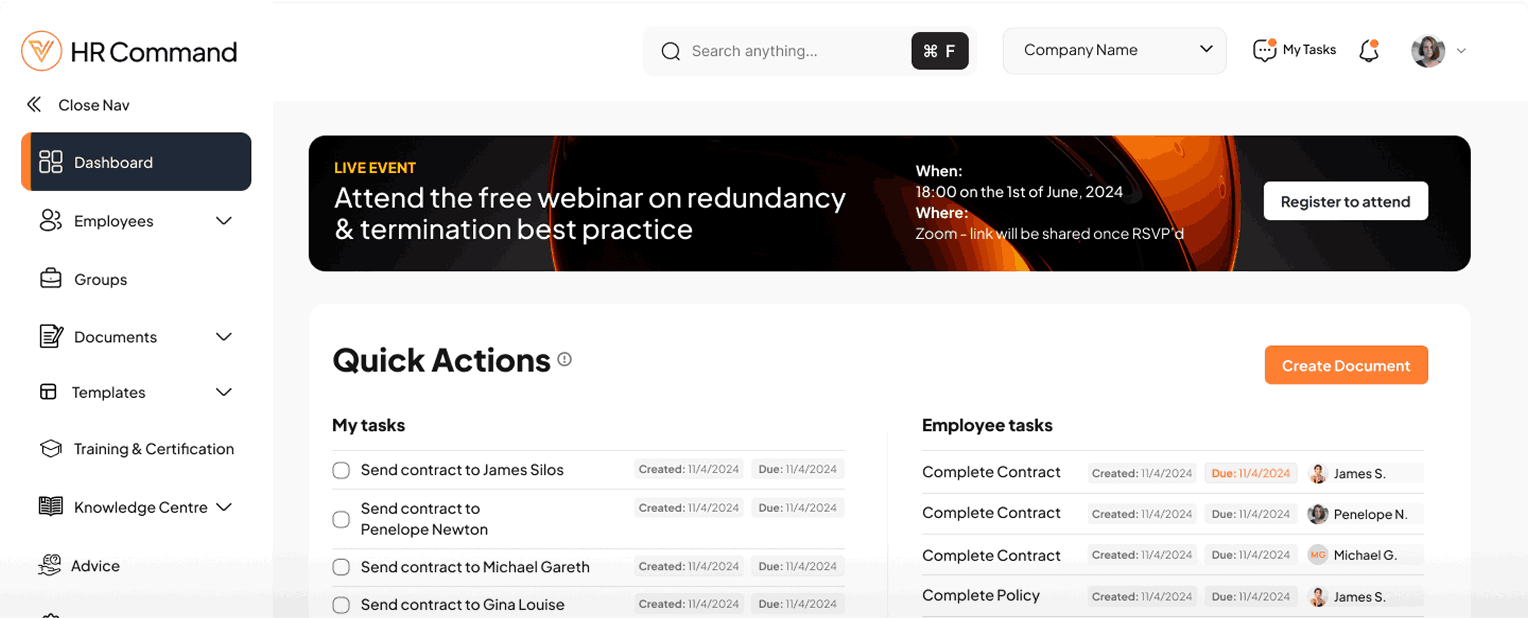Businesses may be aware that the distinction between the two creates significant differences between obligations and entitlements of the parties. In an employment relationship, the employer must comply with minimum employment standards in the Fair Work Act and applicable awards/agreements, such as minimum rates of pay, superannuation and leave. If an independent contractor is found later to be an employee, it is likely the business owes a significant sum of unpaid entitlements (and may face financial penalties).
Today, the High Court confirmed that its approach in Workpac Pty Ltd v Rossato (“Rossato”) (of focusing on the terms of the contract rather than the practical substance of the relationship) should similarly be applied to determining whether a relationship is one of employee/employer or independent contractors.
The upshot is that if there is a written contract, the court should only consider the terms of the written contract between the parties, and not any subsequent conduct of the parties. The subsequent conduct may be relevant if there is a suggestion the written contract is a sham or if the subsequent conduct suggests that the terms of the contract have been varied such as by an oral agreement.
Previously, the analysis focused on the “totality of the relationship” assessed in accordance with factors, sometimes referred to as the “indicia” of employment. Whilst the High Court did not expressly overrule the relevance of the indicia, it reasoned that the indicia should be assessed in light of the terms of the contract, and not how the parties subsequently performed the contract. The High Court said it was not appropriate for a written contract to only be considered as one of the factors but rather should be the focus. In other words, the indicia are still relevant but with a focus on the written contract between the parties.
In arriving at this revised focus on the employment contract, the High Court noted that the approach of looking at the “totality of the relationship” was a drain on judicial resources if the Courts need to consider everything that has happened over the life of the relationship, and also that the approach provides little real guidance or certainty about which factors are more important and how to weigh up the different factors.
The Decisions
Personnel
Personnel concerned a labour-hire arrangement. The Respondent, trading as Construct, was a labour-hire company. It engaged Mr McCourt to provide services at Hanssen’s Concerto project site. The contract between Mr McCourt and Construct described Mr McCourt as a “self-employed contractor”.
The High Court (with Steward J dissenting) held that Mr McCourt was an employee of Construct.
The High Court found that the effect of rights and duties established by the terms of the written contract was that Mr McCourt was engaged by Construct to serve Construct in its business. A key factor was the amount of control Construct had over Mr McCourt as a result of the written contract. The High Court found that the “label” attached to the relationship was irrelevant. The way the parties choose to describe their relationship is no more than an expression of their opinion, which is not relevant to determining the proper characterisation of the relationship.
The emphasis in this decision was that although the contract described Mr McCourt as a contractor, the terms in the contract are inconsistent with this description.
This decision is also likely to be controversial as it effectively overturns a body of case law where triangular labour-hire arrangements did not create a relationship of employment.
Jamsek
Jamsek involved two truck drivers who were initially employees, but were then offered the opportunity to become independent contractors, and were told that there was no guarantee of a job if they did not accept that offer. The two truck drivers accepted the offer, established a partnership, purchased trucks from the company and entered into a written agreement with the company for the provision of delivery services.
The truck drivers initiated proceedings in the Federal Court alleging they were employees and were therefore owed entitlements under the Fair Work Act 2009 (Cth).
The Full Court of the Federal Court found that the truck drivers were employees.
Today, the High Court set aside this finding, holding that it was an error for the court to consider the manner in which the parties actually conducted themselves over the decades of their relationship. Consistent with Rossato and Personnel, the agreement between the parties had been committed to a written contract, therefore an assessment of the “substance and reality” of the relationship was “erroneous”.
Key takeaways
- Businesses should ensure that the terms of their relationships with employees and contractors are in a written contract as doing so will provide more certainty to the nature of the relationship.
- The decision will have broad ramifications for all legislation that deals with the concept of employment such as the Fair Work Act 2009 (Cth), long service leave and superannuation.
If you have any questions or concerns about how today’s High Court decisions may affect you or your business, or would like assistance reviewing or drafting contracts, please contact us and a member of our Employment and Workplace Relations team will provide assistance.











